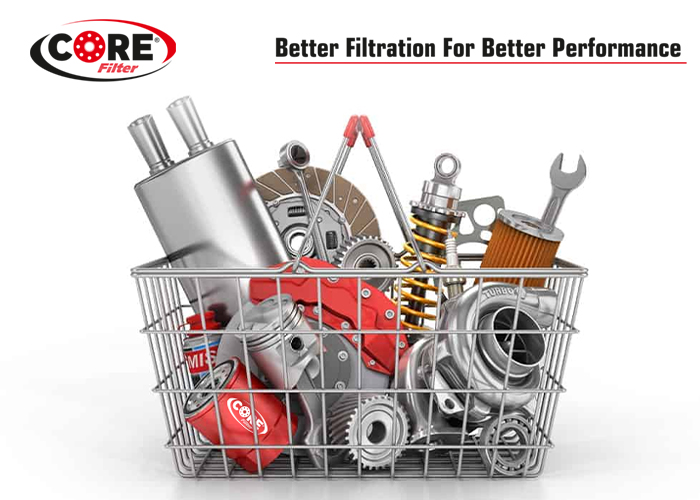Selecting the right spare parts for customers requires careful consideration of several factors. Here are some steps business owners can follow to choose the most suitable spare parts:
1. Identify the problem: The first step is to identify the issue with the product or service that the customer has reported. This will help determine what kind of spare part is needed.
2. Determine the type of spare part required: Based on the identified problem, businesses need to decide which type of spare part would be most appropriate. For example, if the customer reports an issue with their car engine, the business may need to provide a new engine or repair kit.
3. Consider the customer's budget: Businesses must consider the customer's budget when selecting spare parts. They should offer options within the customer's price range to avoid overselling or underselling the product.
4. Choose high-quality spare parts: It is essential to prioritize quality over cost when selecting spare parts. High-quality spare parts are more likely to last longer and perform better than lower-quality ones.
5. Provide additional services: To enhance the customer experience, businesses can also offer additional services such as installation, maintenance, or warranty coverage. These services can increase customer satisfaction and loyalty.
6. Offer customization options: Some businesses may want to offer customization options for their spare parts to cater to specific customer preferences. For instance, they could allow customers to choose from different colors or materials for their replacement parts.
7. Ensure compatibility: Finally, businesses must ensure that the spare parts they provide are compatible with the customer's device or system. Incompatible spare parts can cause further problems and damage, leading to dissatisfaction among customers.
By following these guidelines provided by the Core Filter team, businesses can effectively select the right spare parts for their customers, ensuring that they receive the support they need without compromising on quality or value.
